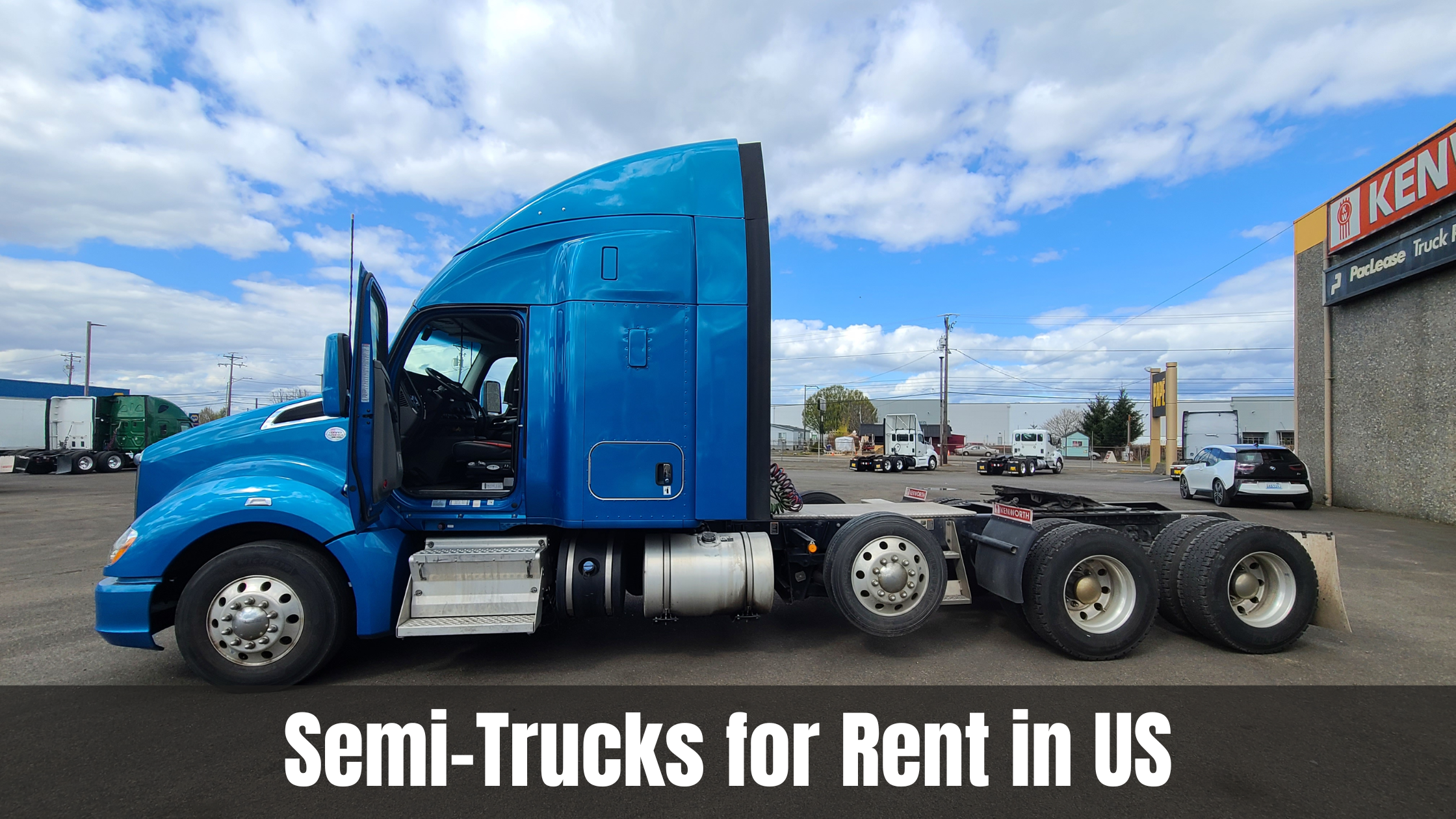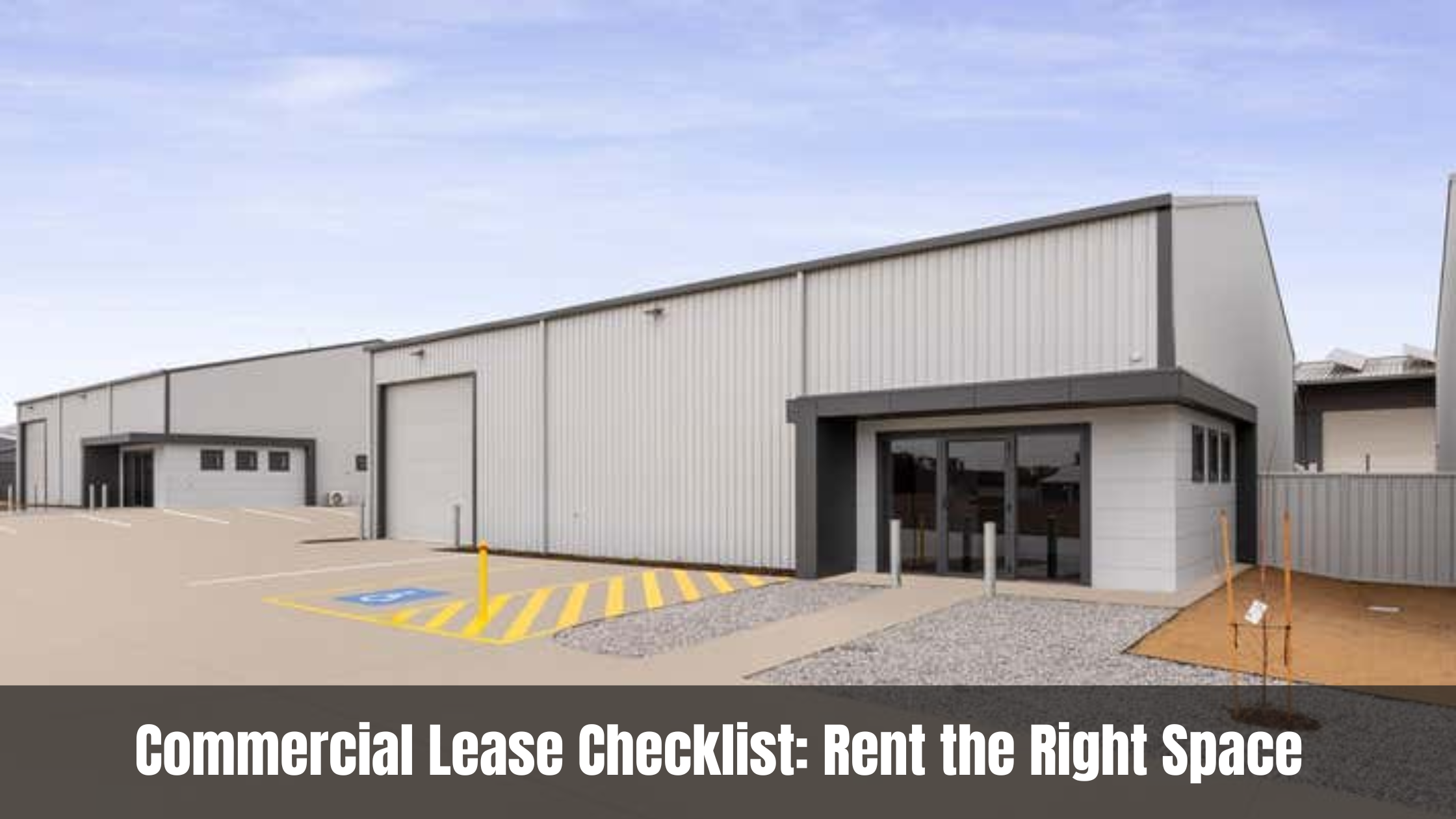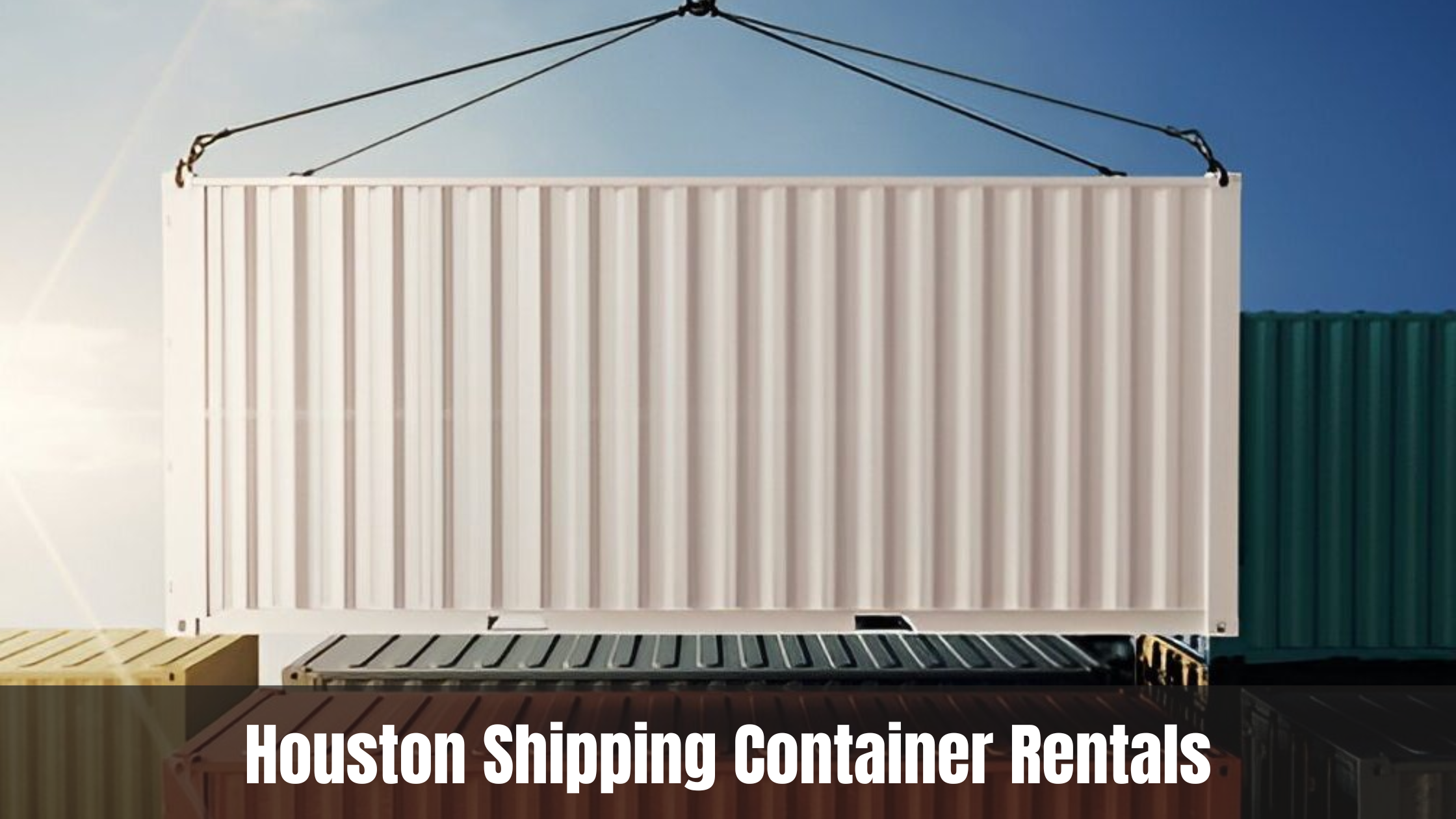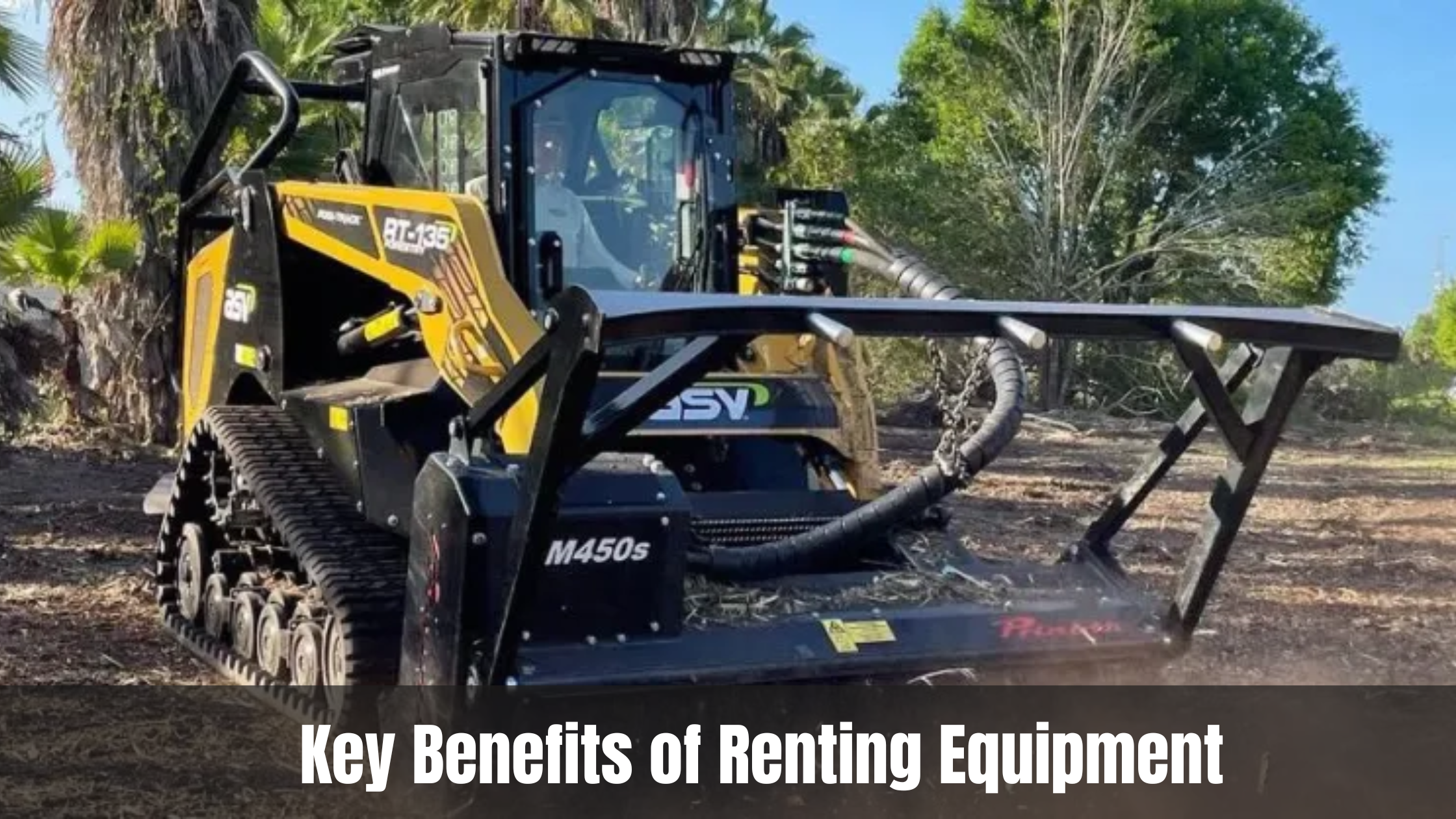In the ever-evolving logistics and transportation industry, semi-trucks for rent in the U.S.: costs, challenges, and solutions has become a hot topic in 2025. With increasing e-commerce demands, growing independent trucking businesses, and the rise of gig logistics, the need for flexible, affordable truck rentals is greater than ever.
Whether you're a seasoned CDL driver, a fleet operator, or a startup logistics entrepreneur, understanding the nuances of semi-truck rental can make or break your bottom line.
This guide explores everything you need to know — from current semi-truck rental costs, hidden fees, required documentation to choosing between renting and buying, and discovering smarter, modern rental solutions like BorrowBe.
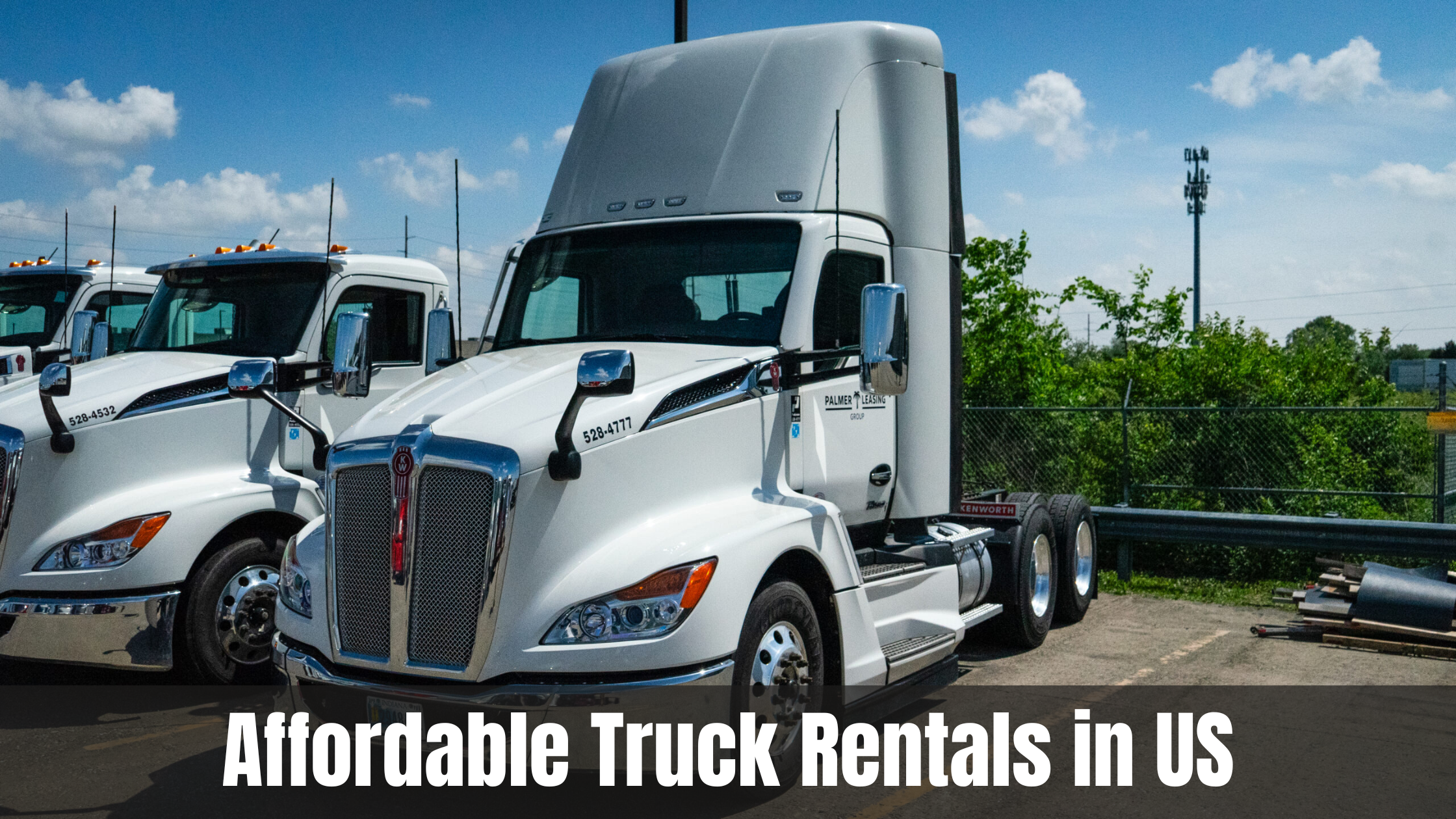
Why Semi-Truck Rentals Matter in Today’s Economy
The trucking industry hauls over 70% of all freight in the United States, and semi-trucks are the backbone of that operation. But not everyone wants to or should invest in buying a truck outright.
Who Needs Semi-Truck Rentals?
- Independent owner-operators starting out
- Businesses with seasonal freight rentals
- Moving companies needing a rental truck with trailer
- Companies testing demand before full fleet investment
- Car haulers and hotshot truck rental users
Advantages of Renting Over Buying
- Lower upfront cost
- Better for short-term contracts
- Maintenance usually included
- Flexibility in vehicle types like fuel-efficient trucks
How Much Does It Cost to Rent a Semi-Truck in the U.S.?
Understanding semi-truck rental cost involves numerous factors. Let’s dive into pricing models and expenses.
Average Pricing Breakdown
| Duration | Price Range | Notes |
|---|---|---|
| Daily | 170–260/day | Great for short-hauls |
| Weekly | 800–1,500/week | Best for mid-term routes |
| Monthly | 2,000–4,000/month | Ideal for business contracts |
Per Mile Charges
Most rentals include free mileage up to a limit. After that, expect:
- 0.15–0.30 per extra mile
Trailer Add-Ons
Need a trailer? Here are the rental truck with trailer add-ons:
- Dry Van Trailer: 100–150/day
- Flatbed Trailer: 130–180/day
- Reefer Trailer: 150–200/day (includes cooling cost)
Fuel Costs
- High fuel costs remain an issue due to diesel prices.
- Fuel is not included in rental; renters must refill before return.
- Some companies offer fuel-efficient trucks to offset costs.
Hidden Fees You Should Watch Out For
Avoid financial surprises by understanding the hidden rental fees.
Common Hidden Charges
- Mileage Overage Fees
- Cleaning Fees (75–200)
- Damage Charges
- Late Return Fees
- Toll Administration Fees
Pro Tips to Avoid Hidden Charges
- Take photos before driving off
- Read the fine print on mileage limits
- Confirm return time policies
- Check insurance deductibles
Best Semi-Truck Rental Providers in the U.S. – With Pros & Cons
Choosing the right truck rental companies is key to streamlining your operations.
Top Providers to Consider
Penske
- Pros: Nationwide service, multiple vehicle types
- Cons: Higher deposit fees
- Best For: Large businesses
Ryder
- Pros: Professional fleet, bundled maintenance
- Cons: Limited daily rentals
- Best For: Long-term leases
Ideal Lease
- Pros: Maintenance included, full service
- Cons: Creditworthiness required
- Best For: Mid-sized fleets
Local Dealerships (Kenworth & Peterbilt)
- Pros: Newer trucks, localized service
- Cons: Limited availability
- Best For: Specific make/model preference
BorrowBe (Peer-to-Peer Logistics Platform)
- Pros: Lower costs, on-demand rentals, flexible terms
- Cons: Availability varies by region
- Best For: Owner-operator rental option, budget-conscious users
Rental Provider Comparison Table
| Company | Costs | Flexibility | Maintenance Included | Peer-to-Peer | Ideal For |
|---|---|---|---|---|---|
| Penske | $$$ | Medium | ✔️ | ❌ | Enterprises |
| Ryder | $$ | Medium | ✔️ | ❌ | Fleets |
| Ideal Lease | $$$ | Low | ✔️ | ❌ | Businesses |
| BorrowBe | $ | High | Optional | ✔️ | Small fleets, individuals |
Documents You Need to Rent a Semi-Truck
Renting a CDL truck rental involves specific legal documentation.
Required Documentation
- Valid CDL (Commercial Driver’s License)
- DOT Number (from the FMCSA)
- Operating Authority (MC Number)
- Commercial Insurance or add-on from the company
- LLC or Business License (for some providers)
- Proof of Employment or Hauling Contract (optional)
Top Challenges in Renting a Semi-Truck (And Solutions)
Key Challenges & How to Solve Them
-
High Upfront Costs
➜ Use BorrowBe or local dealerships for affordable truck rentals -
Insurance Complexity
➜ Seek insurance bundled rentals or use insurers experienced in truck insurance and trailer insurance -
Limited Vehicle Availability
➜ Book early, use digital truck rental platforms for broader search -
Maintenance Responsibility
➜ Choose rentals with included maintenance, especially from IdealLease -
One-Way Rental Restrictions
➜ Verify one-way truck rental policies beforehand
Renting vs. Buying a Semi-Truck: What’s Best for You?
Pros & Cons Table
| Option | Pros | Cons |
|---|---|---|
| Renting | Low upfront cost, fast acquisition, no long-term commitment | Ongoing payments, limited customization |
| Buying | Asset ownership, tax write-offs | High capital, repair responsibilities |
| Leasing | Fleet rotation, maintenance covered | Higher long-term costs |
Choose Renting If…
- You’re new to the trucking business
- You need a seasonal or short-term solution
- You want flexibility before investing
Who Should Rent a Semi-Truck? Real Use Cases
- Startup Trucking Business: Test the waters before capital investment
- Seasonal Shippers: Handle freight surges cheaply
- Fleet Size Management: Temporary support during breakdowns
- Car Haulers: Rent specialized trailers
- Gig Drivers & Hotshot Drivers: Get short-term contracts filled
Technology Disrupting the Truck Rental Industry in 2025
Major Innovations
- Digital truck rental platforms like BorrowBe.
- Automated Insurance Bundling and compliance
- Apps for Route Planning and real-time tracking
- Integration with Load Boards and FMCSA-compliance databases
- Peer-to-Peer Truck Rental Platforms enabling low-cost flexibility
Conclusion: How to Rent Smarter in 2025
2025 has made renting a semi-truck smarter, faster, and more adaptable. Peer-to-peer disruptors like BorrowBe are giving truckers and businesses a practical way to compete — with fewer upfront costs, more booking freedom, and integrated compliance tools.
Rather than locking up funds in truck purchases or committing to inflexible leases, flexibility wins. Choose your path wisely based on your driving goals and freight needs.
Bonus Resource: Free Truck Rental Toolkit
Use our toolkit to make smarter decisions in your commercial truck rental experience.
- ✅ Pre-rental checklist
- ✅ Insurance planning worksheet
- ✅ Semi-truck cost calculator
- ✅ Peer-to-peer rental guide
Frequently Asked Questions (FAQ)
Can anyone rent a semi-truck?
No. You need a valid CDL, insurance, and oftentimes an MC authority.
Are there any restrictions on renting?
Yes — some rentals are only local, and many don’t allow one-way rentals without additional fees.
What’s the difference between leasing and renting?
Renting is short-term and flexible; leasing is longer and more binding.
Do peer-to-peer platforms like BorrowBe provide support?
Yes. Most P2P platforms offer customer service, maintenance add-ons, and insurance options.
Final Takeaway
Whether you're growing your fleet, starting a new lane, or need a vehicle for just a week, understanding semi-trucks for rent in the U.S.: costs, challenges, and solutions can help you move smarter, not harder. With advanced technology, peer-to-peer rental options, and resources like our toolkit, 2025 is the best time yet to hit the road with less risk and more control.
